Top tips for new landlords
Posted on
Here are some important points you should consider as a landlord.
1. Have a tenancy agreement. You can legally create a tenancy without one but that is not a good idea. Memories fade and if there is no written document you may find disagreement on what was actually agreed. Also if there is no tenancy agreement, landlords will have no chance of bringing any successful claim at adjudication for deductions from the deposit for damage.
2. If a deposit is taken always make sure that there is a detailed inventory and preferably have this prepared and checked by an independent inventory clerk. Again from both parties’ point of view, it is essential to know the condition of the property at the start of the tenancy if there is going to be any sensible discussion about what the tenant is or is not liable for at the end. If this is prepared by an independent inventory clerk then this should prevent arguments and disputes.
3. Make sure that the gas and electric supply and installations are checked and a certificate obtained before the tenants go in. The gas certificate is required by law but electrical and PAT certificates are advisable too. From the landlord’s point of view it means that he/she has complied with his/her legal obligations and is able to prove this. So if any problems occur, they are more likely to be the fault of the tenants (and he/she will have a better chance of successfully claiming the cost of repair from them at adjudication). From the tenant’s point of view it means that the property is safe for them to live in.
4. Have regular inspection visits. Not too often or the tenant will feel oppressed by them – say every six or three months. These are good for the landlord as it means he/she can keep an eye on the property and make sure that any defects get fixed quickly before they deteriorate and turn into a costly repair exercise. From the tenant’s point of view they provide an opportunity for them to tell the landlord or his/her agent about any problems that they have been experiencing and arrange for them to be dealt with promptly.
5. Have both a check in and a check out meeting at the property with the landlord/inventory clerk and the tenants. This is essential for preventing disputes about tenancy deposit deductions as in most cases any deductions can be agreed there and then.
If these five points are followed, then the tenancy is more likely to run smoothly with no arguments and problems at the end.






Add a comment: